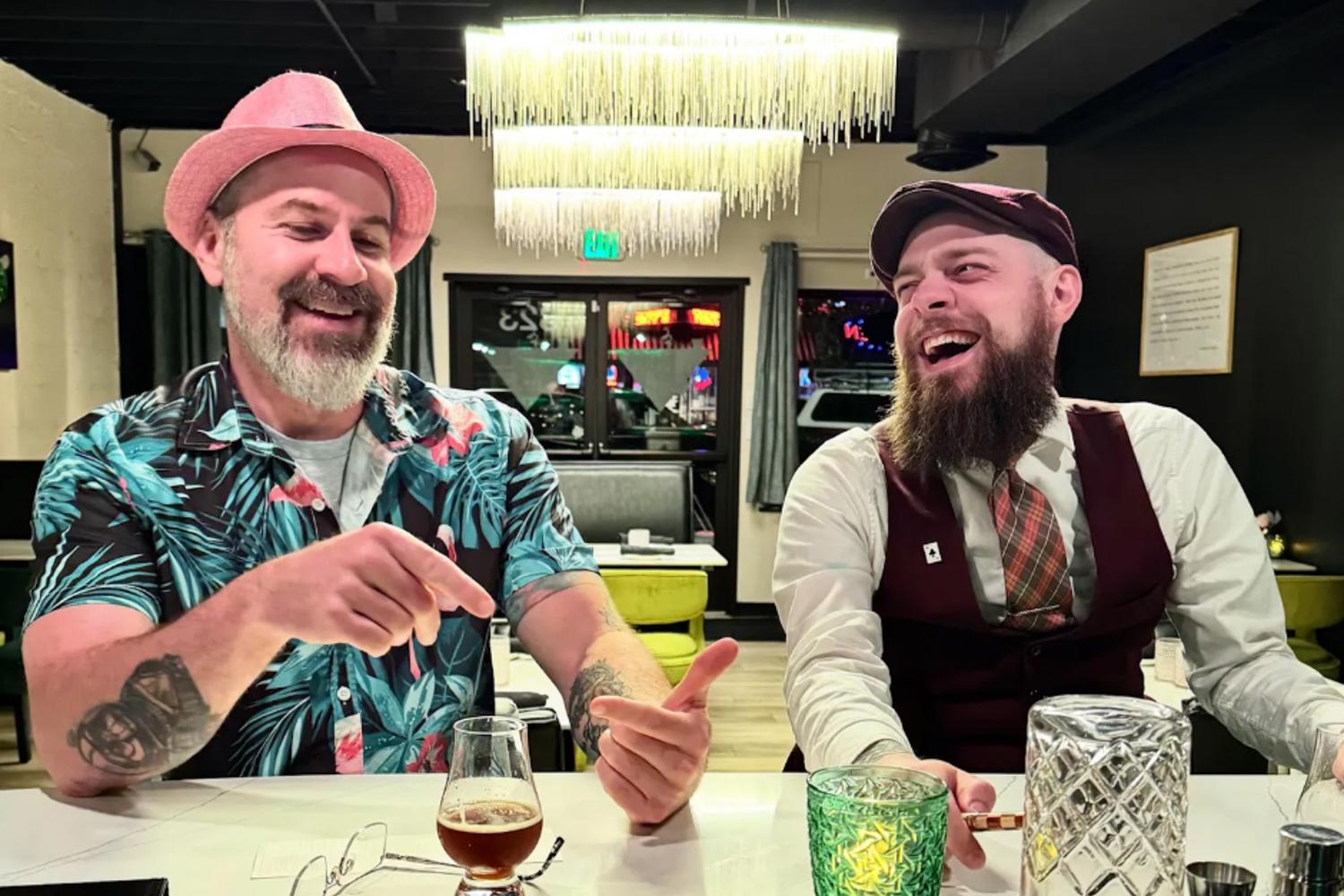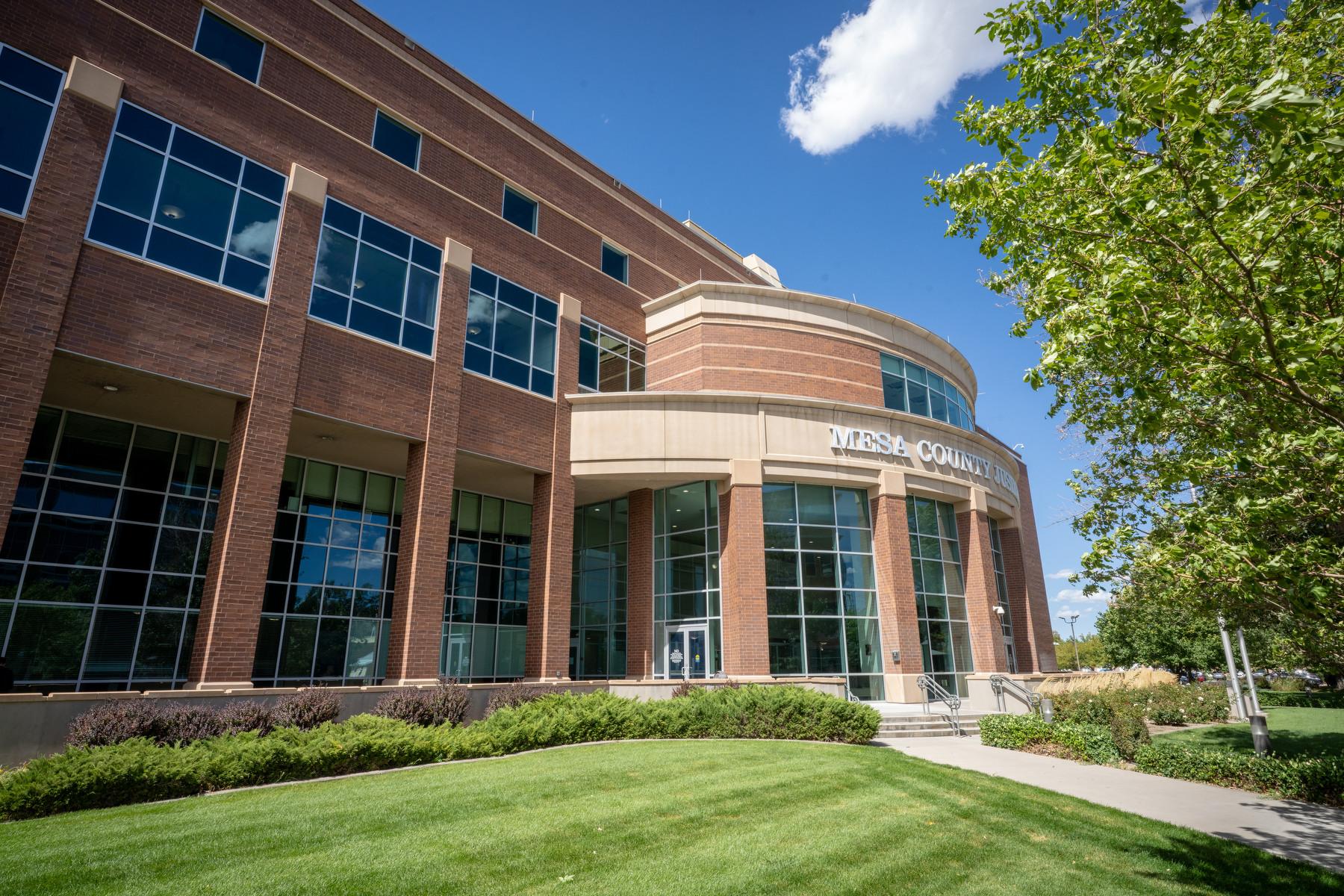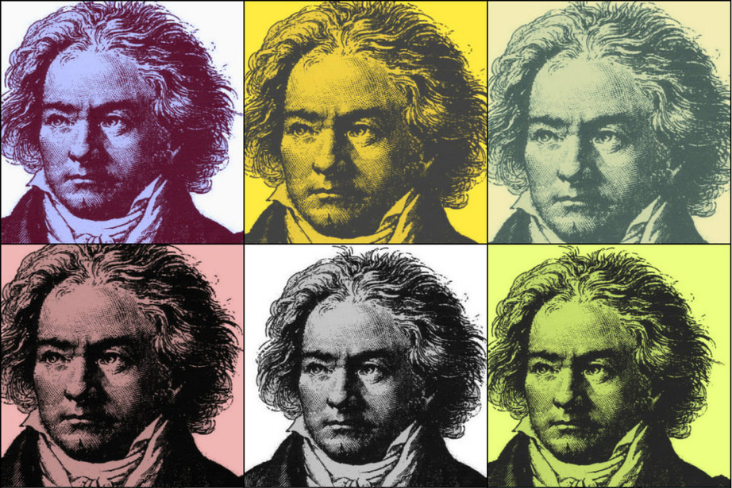
It was the year of Beethoven. During 2020 the world wanted to celebrate Beethoven’s 250th birthday with concerts, symposiums, lectures, podcasts, radio specials, etc. At least that’s what had been planned. And then, COVID.
Still, Beethoven’s musical legacy is worth celebrating every year on his birth anniversary, and so for this year’s Beethoven Birthday Bash on CPR Classical, we bring back recent radio features from his big year. From how Beethoven was known for smashing pianos, to exploring the question of how he could compose while being deaf, these short, insightful features will help bring Beethoven to life as a human and an artist.
Listen on-air for Beethoven’s greatest pieces throughout the day on December 16th, and Marilyn Cooley’s “Life of Beethoven” is a must listen to event at 11 a.m. and 7 p.m.
When you’re done listening, take our quiz to test your Beethoven IQ. And explore Beethoven’s life as it related to other major historical events in our Beethoven Timeline.
Our hosts place Beethoven in the spotlight this December - discover more about the composer:
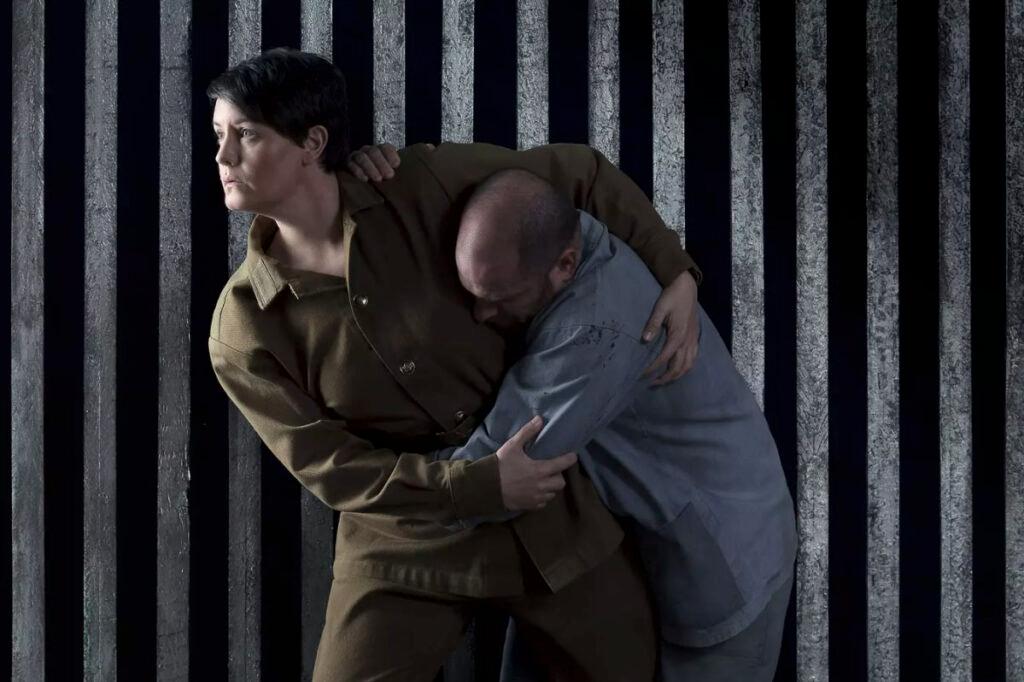
Beethoven 250: This is the best ‘Fidelio’ that RBG ever experienced - by Marilyn Cooley 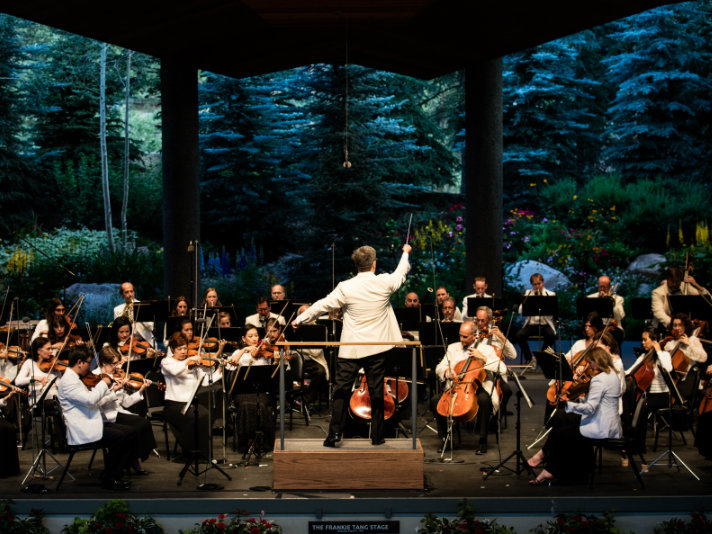
The two Beethoven chords that stopped me in my tracks - by Matt Weesner 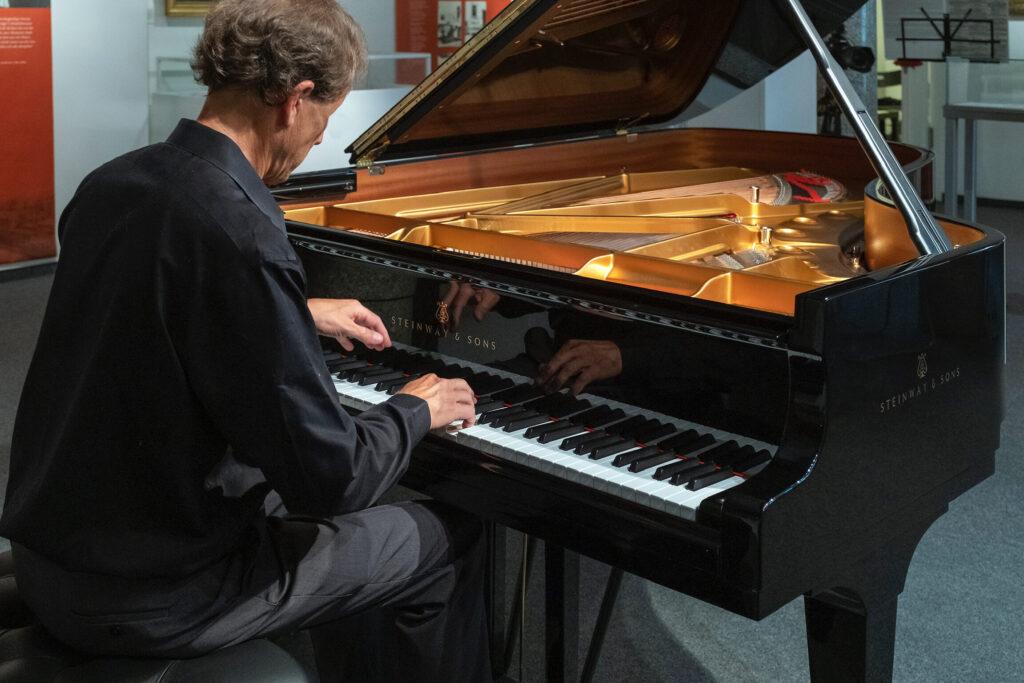
He wanted larger and louder: the pianos of Beethoven’s time weren’t enough for him - by David Ginder 
How did Beethoven compose when he was deaf? We asked Evelyn Glennie how she feels sound - by Karla Walker 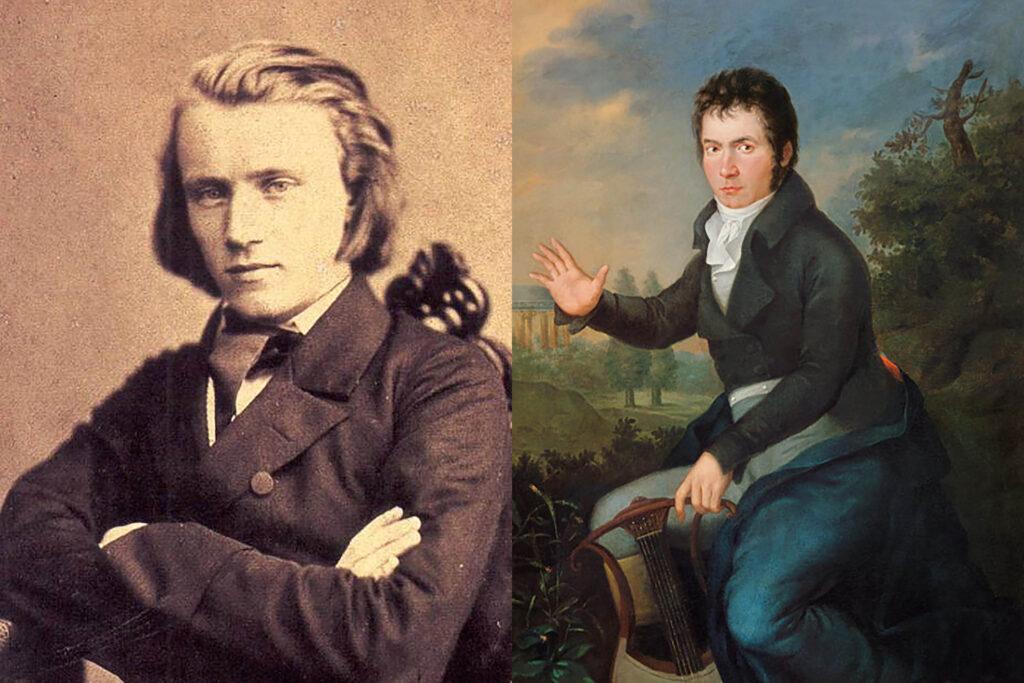
Beethoven’s successors found it hard to live in the shadow of classical’s GOAT - by Jean Inaba 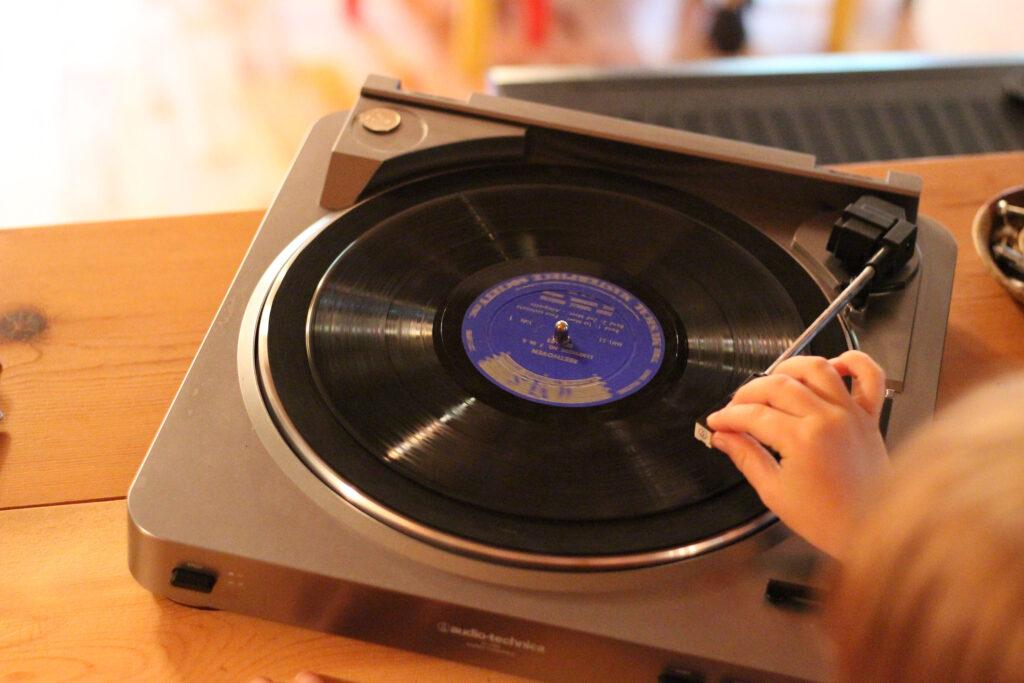
How parents instilled a 5-year-old’s love for Beethoven - by Cindy Carpien

This is the best 'Fidelio' that RBG ever experienced - by Marilyn Cooley “I will never forget the pride I felt when RBG (Justice Ruth Bader Ginsburg) wrote me a letter (saying) that it was by far the best 'Fidelio' she's ever experienced, and was so moved,” recalled artistic director Francesca Zambello.

The two Beethoven chords that stopped me in my tracks - by Matt Weesner "I was working backstage at the Ford Amphitheater as a producer. The New York Philharmonic was on stage getting ready to rehearse. When the orchestra played the opening chords of Beethoven’s Eroica Symphony No. 3, I literally stopped dead in my tracks, and thought, WHAT JUST HAPPENED?!”

He wanted larger and louder: the pianos of Beethoven’s time weren’t enough for him - by David Ginder When he was 26, Beethoven wrote to a piano manufacturer complaining, "...one often thinks that one is merely listening to a harp." Beethoven wanted a louder piano. Yes, he was losing his hearing, but he was also writing challenging music. And he broke a lot of pianos, too.

How did Beethoven compose when he was deaf? We asked Evelyn Glennie how she feels sound - by Karla Walker "When I decided to study music full-time, there was still this feeling that to be deaf meant silence,” said Evelyn Glennie, who has been profoundly deaf since she was 12 years old. Glennie was admitted to the Royal Academy of Music at age 16 by persuading the academy she could 'hear' with other parts of her body.

Beethoven’s successors found it hard to live in the shadow of classical’s GOAT - by Jean Inaba "Some years ago, I was stopped at a traffic light and heard Johannes Brahms' Symphony No. 1 on the radio. It dawned on me (after many times listening and playing it in orchestras on the violin) that Brahms channeled his predecessor, Ludwig van Beethoven."

How parents instilled a 5-year-old’s love for Beethoven - by Cindy Carpien A couple in Nova Scotia are passing their love of Beethoven to their young son by way of some old technology -- a record player. Alder loves the reggae music of Bob Marley as much as he loves Beethoven, according to his dad.
More Beethoven from CPR Classical:
- How did Beethoven convey happiness in his melodies? Listen to Music Blocks!
- Enjoy an in-depth exploration of all nine symphonies, featuring host Monika Vischer and Beethoven biographer Jan Swafford.
- The life and legacy of Beethoven: A timeline.
- Beethoven en español. Encuentra más historias que celebran el 251 aniversario de Beethoven!
Hear CPR Classical by clicking “Listen Live” at the top on this website, or download the Colorado Public Radio app. Listen on your radio to CPR Classical at 88.1 FM in Denver, at radio signals around Colorado, or you can tell your smart speaker to “Play CPR Classical."



